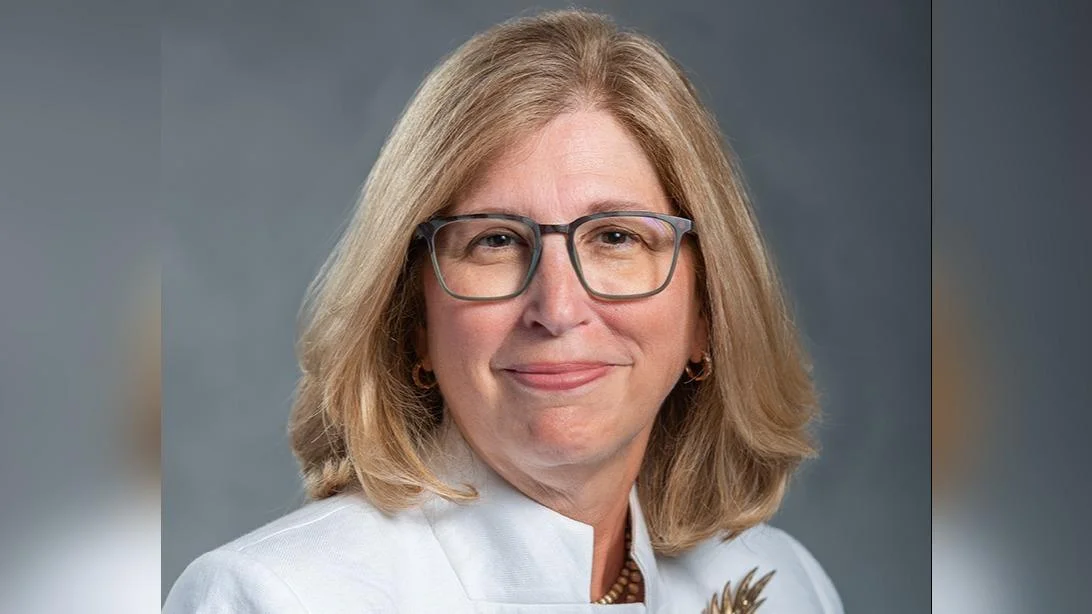Interim President Teresa K. Woodruff, Ph.D. | Michigan State University
Interim President Teresa K. Woodruff, Ph.D. | Michigan State University
Mental health has become an integral part of wellness discussions in various sectors, including education and healthcare. LeConté Dill, an associate professor at Michigan State University, observes that students are adopting a holistic approach to their health through creative expression, community building, and therapy.
Dill's work spans 25 years in public health and social policy, with a focus on the arts' role in understanding health issues among youth of color. Her current project at MSU involves Black women in student and staff roles to explore how wellness practices are supported through community-building.
Dill emphasizes the need for a broader understanding of wellness: "In the United States, mental health and public health are seen as different. It’s not just in framing; it’s how agencies from the federal, state and local levels are run and funded." She highlights the fragmentation within these systems that can lead to poor health outcomes.
Addressing mental health's importance for Black women and girls, Dill notes: "The narrative is that Black people don’t go to therapy or that Black people don’t engage in mental health... some of the most marginalized folks are indeed engaging in and demanding mental health support."
She points out missed connections within the public health system based on her experience working with Berkeley's Department of Public Health. The city's report showed significant demographic changes without addressing underlying causes related to health inequities.
For future healthcare practitioners, Dill advocates for interdisciplinary training: "Because of the way healthcare is structured in the U.S., psychologists are not in the same learning spaces as future physicians or social workers... These divisions hamper practitioners from deepening their learning."
Dill also stresses storytelling's role in healthcare: "Health histories, intake conversations — it’s storytelling... It’s helping them remember — remembering practices of wellness that patients and community members already have."
###






 Alerts Sign-up
Alerts Sign-up